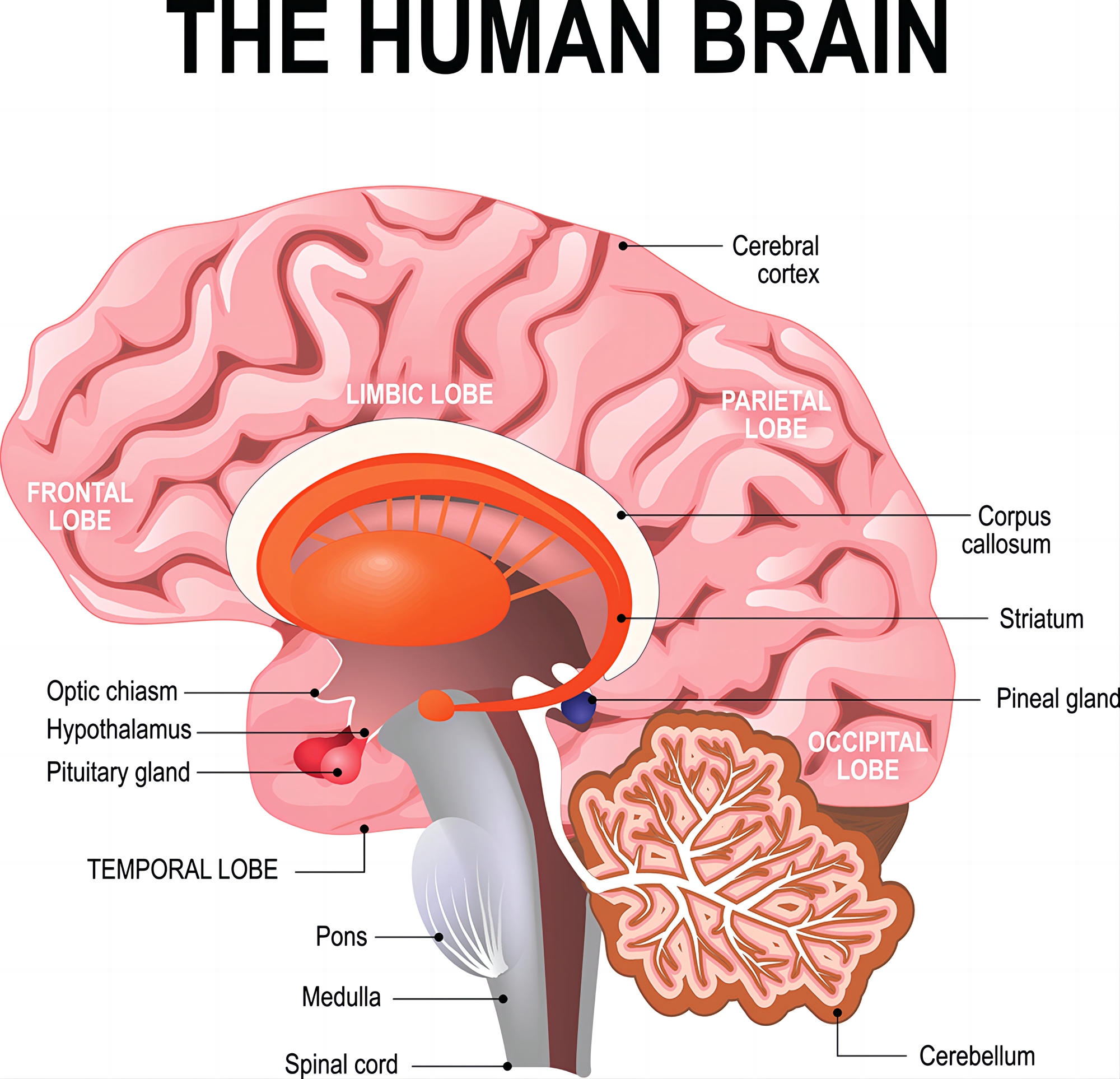In this world, we are constantly making choices. While we’ve all made some regrettable choices, most of us eventually learn from them—and we often take this ability for granted.
For some people with conditions such as schizophrenia and substance use disorders (formerly known as “substance abuse”), making the right choice can be very difficult.
Many mental illnesses have problems with cognition (thinking and understanding), including depression and bipolar disorder. Healthy people also vary in their decision-making abilities, sometimes due to genetic differences. What is going on in these people’s brains that puts them on an equal footing with the rest of us?
Even Simple Decisions Are Complex
It is important to note that in everyday situations, there is often no obvious “right” or “wrong” choice. However, some choices do lead to healthier or more productive outcomes for us and those around us.
When making decisions, our brains perform a complex series of processes. There are four important factors in every decision we make: values, motivations, actions, and strategies.
When we choose between two options, say A and B, we first need to understand which option is more valuable. Our motivations for obtaining this reward can influence which option we choose, or whether we make a choice at all. It’s also important to know what actions you need to take to get an A or B. Putting all this information together, we try to understand which strategy will maximize our returns. Over time, this can improve our decision-making abilities.
Connections Interrupted by Mental Disorders
We look to our personal history and past experiences to guide our future choices. However, mental disorders can often cause problems in the decision-making process.
Research shows that people with schizophrenia have difficulty understanding the relationship between their actions and their consequences. This means they may continue to choose A even though they know A is no longer as valuable as B. They are also more likely to adopt strategies based on less information, in other words, to “jump to conclusions” about the results.
Substance use disorders, especially stimulants like methamphetamine or cocaine, often cause people to struggle when certain outcomes change. For example, if we, without telling anyone, reversed the traffic lights on all street lights so that a red light meant “go” and a green light meant “stop,” most people would be shocked initially but would eventually change their behavior.
However, people who are dependent on stimulants take longer to learn to stop when the light turns green – even if they keep getting into car accidents. This is because excessive use of stimulants affects areas of the brain that are critical for adapting to changing circumstances.
How the Brain Interprets Every Decision
The human brain contains multiple circuits (like pathways) and chemical messengers called “neurotransmitters.” They are responsible for guiding the above process.
Decision-making circuits commonly associated with schizophrenia and substance use disorders include areas of the ‘cortex’ – parts of our brains important for complex thinking (particularly the frontal lobes) – which are linked to central areas such as the ‘striatum’ dialogue”. The striatum allows us to select and initiate actions to achieve specific goals.
Different cortical areas in the brain are used to compute different processes. The prefrontal cortex helps us understand when the strategies required for success change. So if we replace all traffic lights with sirens, the prefrontal cortex helps us realize that and adjust.
When the expected outcome of a choice changes (say A is better, but B suddenly becomes better), the orbital prefrontal cortex helps us recognize this. Likewise, the striatum is also key in predicting outcomes and when rewards will be received.
Dopamine Makes Choices a Reality
Numerous studies have found that the brains of people with schizophrenia function differently in multiple areas. It is thought that this may lead to decision-making problems.
Alterations in the neurotransmitter dopamine are important for the psychotic symptoms observed in schizophrenia, such as hallucinations and delusions. Dopamine is a chemical in the brain that is key to predicting rewards, making decisions, and controlling body actions.
In our study, we suggest that increases in dopamine in the striatum may cause problems in the brain integrating information from the cortex, resulting in difficulty in decision-making. However, this may only happen to some people.
Stimulants can also cause excessive dopamine release. They alter the balance between goal-directed behavior, which is flexible and able to respond to changes in the environment, and habits, which are automatic and difficult to break.
Normally, when we learn something new, our brains continually adapt and absorb new information. But this is slow and cognitively demanding. Drug dependence accelerates the development of a person’s habitual behaviors, making fixed strategies or responses ingrained.
How to Help People Make Better Decisions
Unfortunately, problems with cognitive abilities are difficult to treat. There are currently no medications for schizophrenia or stimulant dependence that reliably improve cognitive performance. This is a result of the complexity of the human brain. Still, there are things each of us can do to improve our memory and decision-making skills, which can also help those with cognitive problems caused by mental illness.
For example, cognitive remediation therapy is a behavioral approach that trains the brain to respond better to certain situations. For people with schizophrenia, it may improve visual memory and perhaps more complex decision-making.




